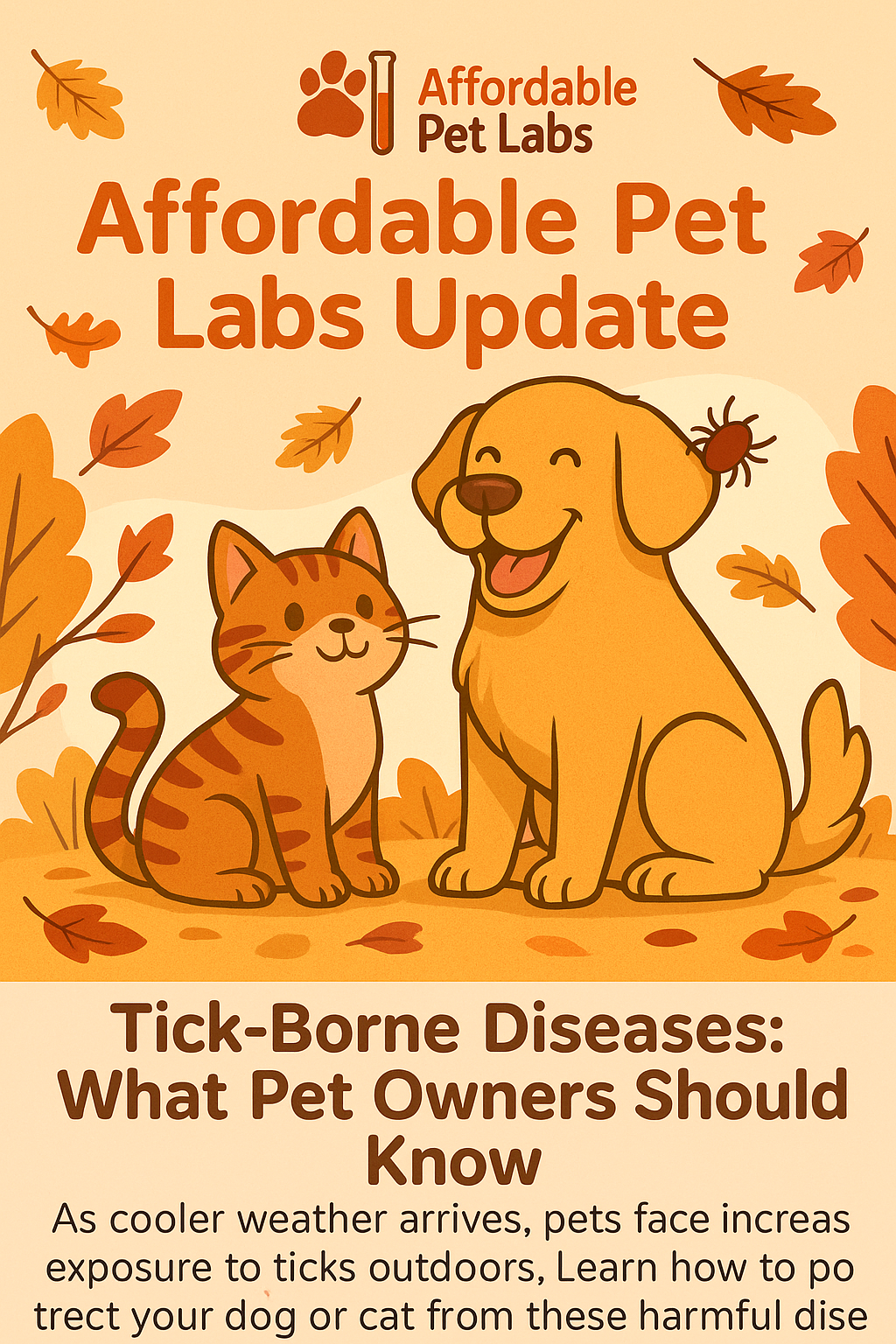Are you worried that your dog could have heartworm disease? Did you know heartworm disease is extremely common in dogs who do not take regular monthly heartworm preventative medication? What are some of the most common symptoms associated with heartworm disease in dogs?
In the article below, we’ll dive deeper into the very prevalent problem of heartworm disease. With the help of this information, you can better recognize when this problem may be affecting your own pet, and you can learn when it might be time to talk to your vet about prevention or management of this condition, as well.

Dog Coughing Easily
Coughing easily is one of the first signs of heartworm disease in dogs. Dogs may cough even when they haven’t been very active, and it is common for dogs with heartworm disease to cough after eating, too.
If you notice your dog can no longer play without having a coughing spell, or if you find him coughing easily when eating dry food, these are some early warning signs you should not ignore. Take your pet to the vet and let them know you’re concerned about heartworms. These symptoms may be a good indicator that your dog is dealing with heartworm disease.
Lethargy and Weakness
In the earlier stages of heartworm disease, you may notice your dog slowing down a little bit, but not stopping his activity altogether. In moderate to late stages, however, he may seem extremely lethargic, weak, and depressed. He may be unwilling or unable to get up and move around much.
Lethargy and weakness are related to almost every canine health condition. Therefore, if you’re unsure what’s causing your dog to be lethargic or show signs that he is growing weaker, make sure you have him thoroughly examined by a vet.
Loss of Appetite
Dogs who are very sick with heartworm disease may lose interest in eating, especially as the disease moves into its moderate stage. If your dog is showing a decreased appetite that lasts more than a couple of days, and if you know he has been diagnosed with heartworms already, this is the likely cause.
If you are unsure why your dog isn’t interested in food, take him to the vet for a checkup. The problem could be something simple and easy to resolve, or it could be something more serious like heartworms. Either way, the vet can help you and your pet both.
Lack of Interest in Play
When heartworm disease is in its moderate stage, dogs may become uninterested in playtime. Dogs who once enjoyed jumping and running will now no longer be able to do so, and they may seem lazy or unfocused as a result.
Lack of interest in playtime may be a symptom of a variety of health conditions ranging from arthritis to cancer and everything in between. Because of this, it is important to take your dog to the vet and have him examined by a professional if he shows this symptom for longer than a couple of days. A proper diagnosis can help you find the right treatment or management options, too.

Inability to Walk Far
In moderate to severe cases of heartworm disease, dogs may be unable to walk very far because of the condition. They may have difficulty breathing after walking just a short distance, or they may become so winded that they physically cannot go on any further.
In some more serious instances, dogs may also collapse or faint from the exertion required to walk with heartworm disease. If your dog has reached this stage of heartworm disease, it is imperative that you only take him out long enough to do his business and do not expect him to walk, run, or play like he once did.
Swollen Chest
As the condition reaches its later stages, heartworm disease may cause a dog’s chest to swell significantly. This swollen chest is a result of the inflammation and fluid buildup caused by the heartworms.
A swollen chest can sometimes also signify other types of heart and lung problems. However, if your dog has already been diagnosed with heartworm disease, you can likely assume a swollen chest is a symptom of this known condition instead.
Conclusion
As you can see, heartworm disease includes a variety of serious symptoms. Dogs who have this condition can still live a full, otherwise healthy life, however, with the help of proper care. If your dog is diagnosed with heartworm disease or if you suspect that he may have this illness, talk to your vet about managing the condition.
If your dog does not have heartworm disease, make sure you speak to the vet about putting your pet on preventative medication instead. By keeping up with monthly heartworm treatments, you can help your dog avoid this serious health risk altogether.









